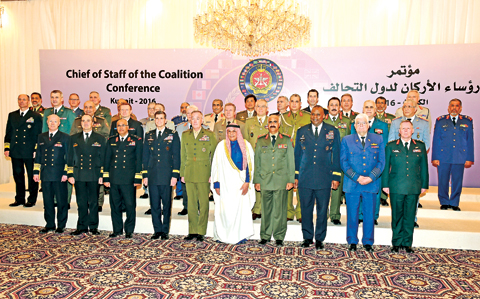In Cameroon’s rural north, very few girls go on to enjoy careers in science. Sabine Adeline Fanta Yadang, a neuroscience doctor, and Hadidjatou Dairou, PhD student of cellular physiology, have overcome prejudice and smashed through the glass ceiling. They have been recognized for the quality of their research, along with 28 others from sub-Saharan Africa, by the L’Oreal-UNESCO for Women in Science Young Talents programme.
UNESCO says the programme supports “young women researchers around the world to pursue scientific careers at home or abroad”. Both women were distinguished for their research into the potential of Cameroon’s traditional herbal medicines in the treatment of heart disease and Alzheimer’s. They work in a laboratory at Yaounde’s Institute for Medical Research and Medicinal Plant Studies (IMPM). In the lab, Dairou is carefully emptying the contents of a pipette into a Petri dish. Under her white coat she proudly wears a traditional African dress.
Dairou’s interest in herbal medicine goes back to her years as a pharmacology student at the public University of Ngaoundere, in the country’s north. “I’ve seen what a plant extract does to the human body and how that can help people I know,” she says. The UNESCO programme picked out her research into the “potential of the indigenous Garcinia Kola plant for treatment of cardiovascular disease”.


Overcoming workplace discrimination
Fanta Yadang is injecting samples into test tubes before putting them in a centrifuge. She likes to be known as a Moundang, a community from Cameroon’s Far North region, where her grand-parents took herbal cures.
“I wanted to become a doctor, but I didn’t get good enough marks. I wanted to help my fellow people so I became interested in medicinal plants,” she says. “In a region where girls are not encouraged to go to school, she stood up against stereotypes and overcame workplace discrimination,” according to UNESCO.
The November 8 awards noted she was “seeking to better understand the physiopathologies of neuro-degenerative disease, in particular Alzheimer’s, in order to find a new therapy source from medicinal plants”. Locally, traditional African medicine is seen as a separate health sector. “In Cameroon, patients turn to plants before going to hospital,” says Eric Owoundi Nkoa, a herbal therapist and secretary at the ministry of Arts and Culture’s medicine centre. He believes 70-80 percent of Cameronians take “natural medicine”.
For Dairou, the bark of the bitter Garcinia Kola - a grain that looks like a nut eaten across Africa to ease all kinds of problems - may improve cardiovascular health. “In particular atherosclerosis, one of the major causes of heart attacks,” she explained. Fanta Yadang is working on tiger nut milk, which is widely consumed in central Africa. It is extracted from a plant that has for centuries been reputed for its medicinal powers. With the cost of modern drugs for Alzheimer’s prohibitive, she intends to prove that the plant extract will enable patients “to fight neurone degeneration and reduce stress on the brain”.



Future of Africa
Only 13 percent of girls were enrolled in tertiary education, the UN educational organization UNESCO said in 2018. “In the north, where it is said girls don’t go far enough with their studies, I have truly demonstrated the contrary,” noted Fanta Yadang. When she had to balance her studies with having a baby, almost 10 years ago, her family gave her the strength to plough on. “My father is a nurse and my mother a mid-wife. They used to tell us to study to become someone,” she recalled.
Dairou’s father, a vet, pushed her to study for a doctorate. “That included when certain people thought the path was too long,” she said. “For many, a woman does not need it to take care of her home and risks not being submissive.”
With the 10,000-euro and 15,000-euro grants from the UNESCO awards, Dairou intends to complete her thesis and Fanta Yadang wants to pursue her studies at Nigeria’s Ibadan University. “The future of Africa is in the hands of its scientists,” said Fanta Yadang. — AFP











